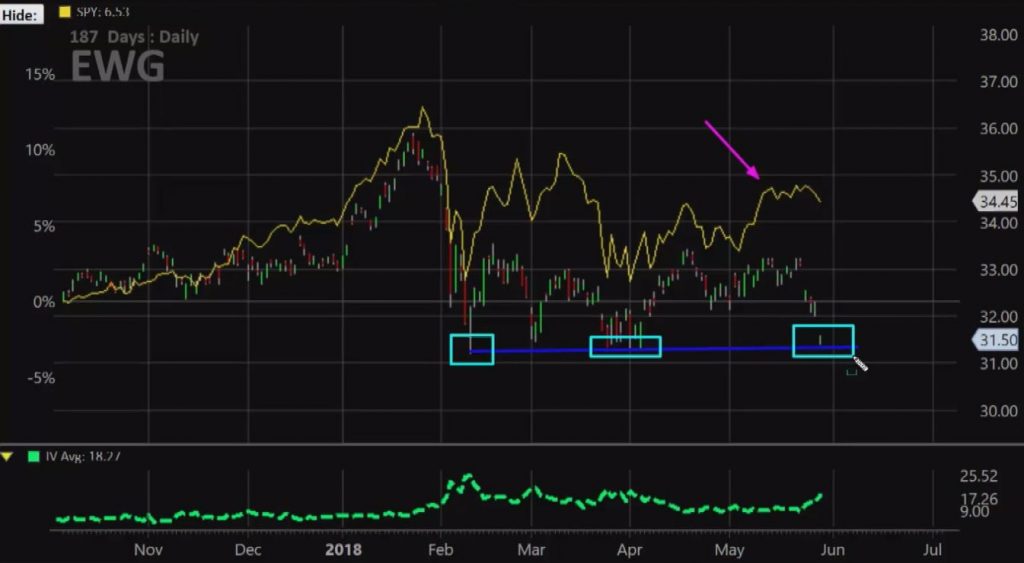
You have one source of guaranteed income in retirement. Try not to mess it up.
Though Social Security replaces up to 40 percent of preretirement income for average earners, misconceptions about how the program works continue to persist.
Indeed, nearly 3 in 10 retirees said their Social Security payments are less than expected, according to a survey conducted by Nationwide Retirement Institute.
The poll of 1,013 adults over age 50 also found that 57 percent of participants who are still working believed they were eligible for Social Security sooner than they actually are.
That’s just one of the common errors soon-to-be retirees make when it comes to claiming Social Security, said Marguerita M. Cheng, CEO of Blue Ocean Global Wealth in Gaithersburg, Maryland.
She highlighted four major mistakes workers make with this crucial retirement-income program.
“You need to know your full retirement age — the age at which you can take an unreduced benefit,” said Cheng.
Retirees may receive a reduced Social Security benefit as early as age 62, but in order to collect your benefit without any reductions, you’ll need to wait until age 66. That’s known as full retirement age.
Hold off on your benefits until age 70 and you’ll get 132 percent of the monthly benefit you would have received at full retirement age.
Retirees fail to realize that they can file for benefits up to three months in advance of receiving income, Cheng said.
That means if you’re turning 66 on October 1 and you’d like to receive your first check that month, you can file for benefits on July 1.
Be sure to gather up your necessary documents, which will include your Social Security card, birth certificate and your Form W-2.
More from Straight Talk:
How money can, in fact, buy you happiness
One option for your unwanted life insurance policy: Sell it
Three debts you should watch as the Federal Reserve raises interest rates
Depending on your income, the IRS may want a slice of that Social Security check.
Up to 85 percent of your Social Security benefits may be subject to federal income taxes depending on your “combined income” — that is, the sum of your adjusted gross income, nontaxable interest and half of your Social Security benefits.
Single filers with combined income between $25,000 and $34,000 (or $32,000 and $44,000 for joint filers) may have to pay income tax on up to 50 percent of their benefits.
Those with income exceeding $34,000 ($44,000 for joint filers) could face taxes on up to 85 percent of their benefits.
Early filers — those who start receiving reduced benefits at age 62 — erroneously believe that their income will increase once they hit full retirement age, said Cheng.
That’s not the case at all. If you started taking a reduced benefit at 62, it will stay reduced on your 66th birthday and beyond.
However, workers should know that Social Security permits a “do-over”: Applicants may be able to withdraw their Social Security claim within 12 months of having filed for benefits, reapply at a future date and get the income they’re entitled to receive.
Here are the catches: You must repay all of the benefits you and your family received based on your initial application. Further, you can’t withdraw your application if you have changed your mind 12 months or after you became entitled to receive benefits.
Finally, you’re allowed just one do-over per lifetime.

